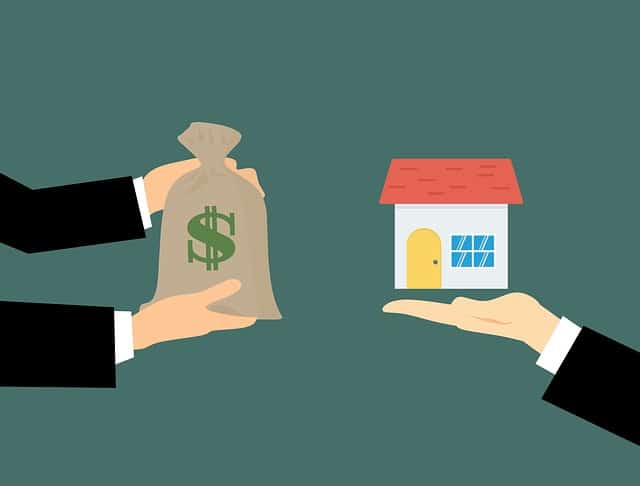According to new research, Bloomberg Economics predicts that Canada is one of the top countries at risk for their housing bubble to burst. However, many experts find it unlikely that real estate prices, in Toronto especially, will fall anytime soon.

One of the main reasons that Toronto’s real estate prices aren’t dropping anytime soon is the simple principle of supply and demand. More and more people are moving to Toronto each year. New immigrants, industries, and jobs mean more demand for homes. In fact, demand is growing at twice the rate as the housing supply. With so many people vying for the same properties in the city, prices naturally inflate.
Over the past decade, Toronto has developed into a true tech hub, with nearly 30,000 new tech jobs created in 2017 alone. The increase is positive for the city’s economy, but also creates a higher demand for both residential and commercial properties. New workers need a place to live while new and expanding companies require office space.
Toronto’s Larry Weltman, customer service representative at AccessEasyFunds, says that the city is still quite affordable compared to other large cities around the world. “If you look at cities like New York, London, Hong Kong, even Vancouver, they all come in well over $1,000 per square foot, whereas Toronto is still slightly under that.” Weltman continues, “Toronto is a world-class city that is home to many different types of people and industries. It’s dynamic, it’s thriving, so a double-digit yearly growth rate is to be expected.”
While there is much debate about whether or not the housing bubble will burst in Toronto, some say that there is no bubble in the first place. A housing bubble is described as a time when real estate demand increases due to factors including low interest rates, increased investor speculation, or large amounts of foreign investing, with an extended wait period for the supply to replenish. However, Toronto’s months of supply is surprisingly low (under 2 months), as is its rate of foreign real estate investment. The city is simply experiencing rapid growth and, hence, increased demand for housing.
John Pasalis, President of Realosophy Realty, notes that, “There is a big difference between an overvalued housing market and a housing bubble. . . . Toronto’s housing bubble isn’t going to burst. It did burst, in 2017.” He goes on to say that “when bubbles burst they don’t hit pause for 18 months to figure out if they should fall further.” While this new prediction may have real estate agents and sellers in a panic, Pasalis’s point, along with other factors, should ease their minds.
Will Toronto’s housing bubble burst in the near future? Real estate experts aren’t so sure. With the city’s dynamic growth, housing prices may continue to be competitive.



